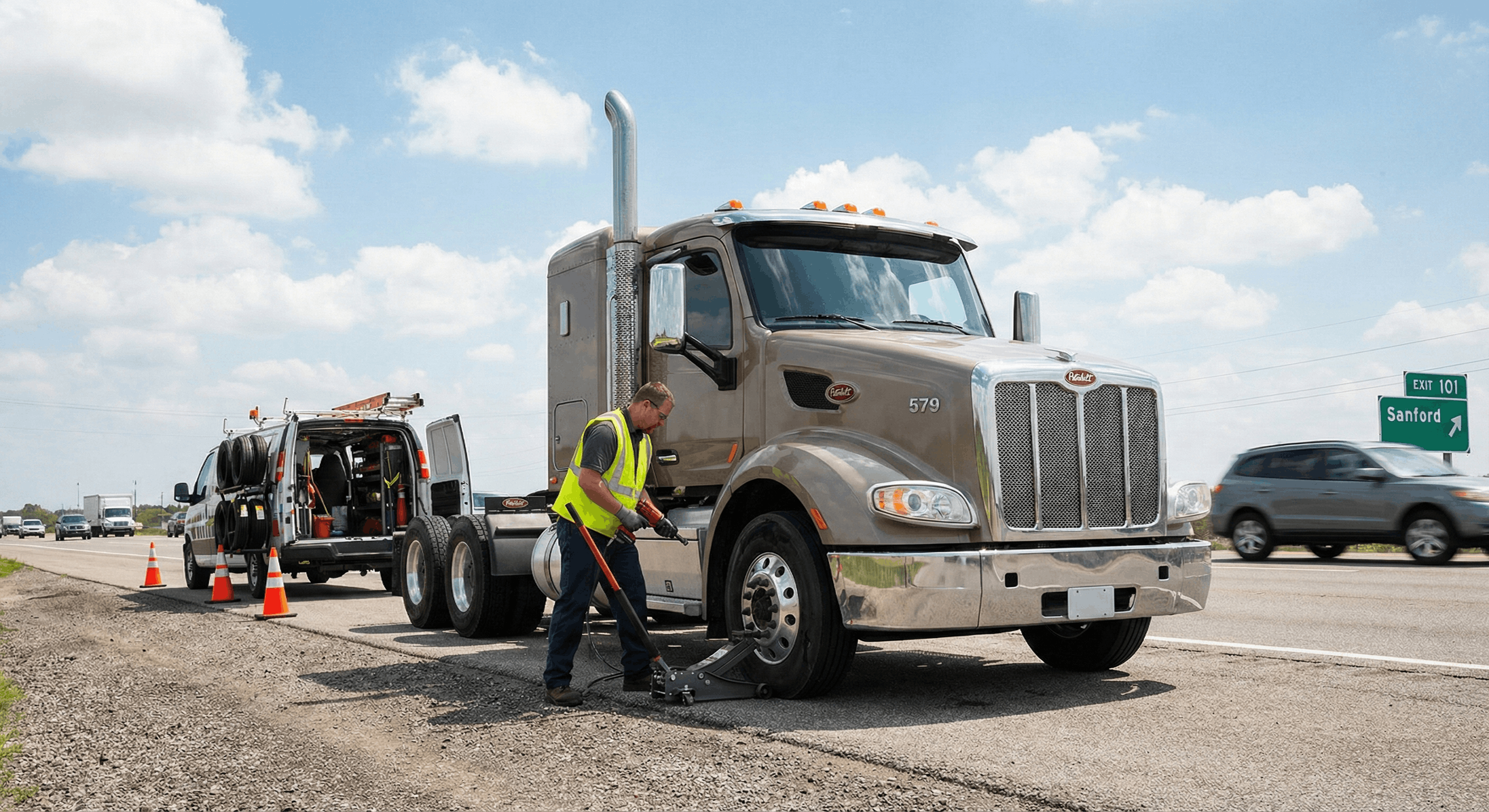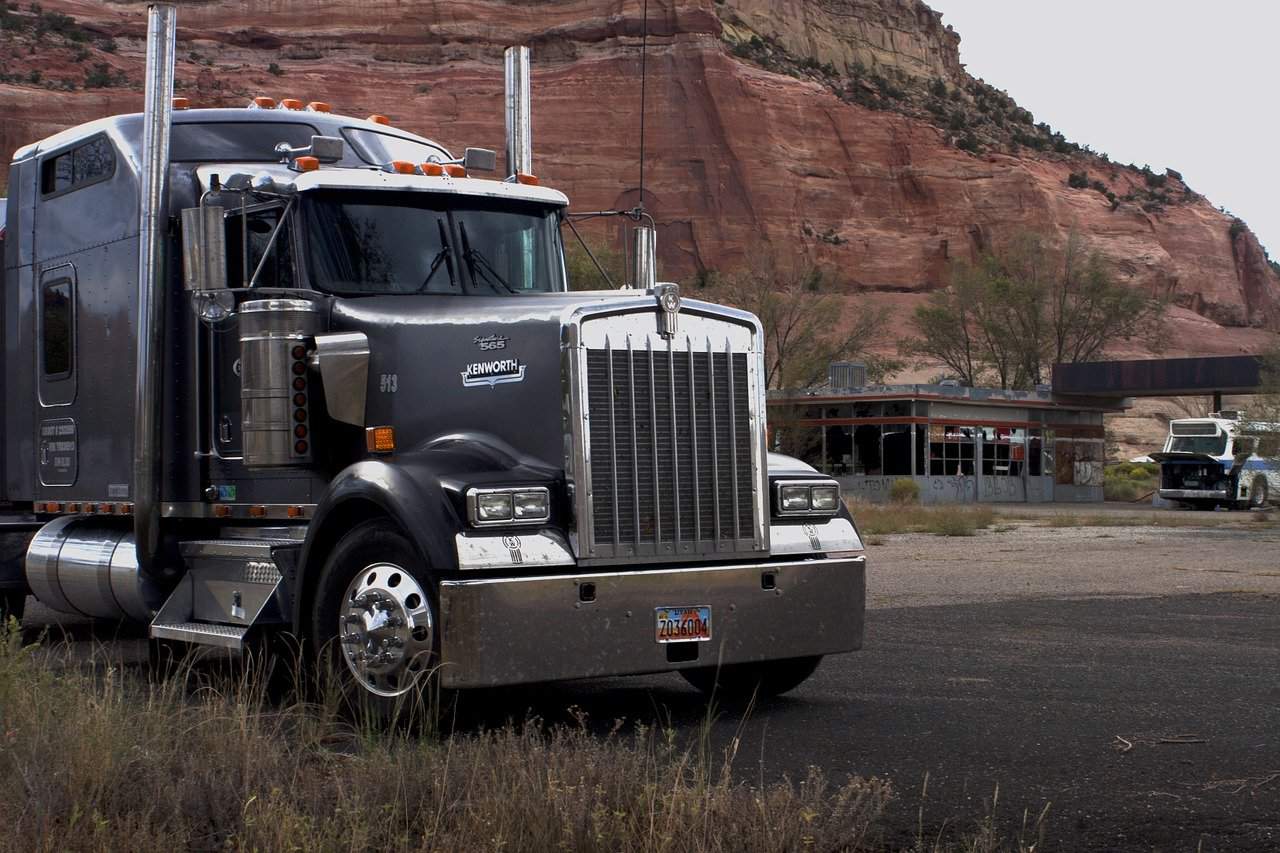Looking to maximize your fuel savings? Investing in the right tires is crucial. Explore our selection of high-quality tractor trailer tires for sale, including low rolling resistance options designed to boost your fuel economy. Find the perfect tires to optimize your fleet's performance and reduce operating costs. Click here to browse our tire inventory and contact us for a quote!
In the world of commercial trucking, every mile counts, and efficiency is paramount. For fleet operators and independent truck drivers alike, understanding the impact of low rolling resistance tires can significantly affect your bottom line. At Rolon Mobile Truck Repair, we recognize the importance of optimizing fuel consumption and are here to guide you through the benefits and considerations of these specialized tires.
Understanding Rolling Resistance
Before diving into the advantages of low rolling resistance tires, it’s crucial to understand the concept of rolling resistance. This refers to the force that opposes the motion of a tire as it rolls on a surface. The higher the rolling resistance, the more energy (fuel) is required to keep the vehicle moving.
Benefits of Low Rolling Resistance Tires
- Improved Fuel Efficiency: The most significant advantage of tires with low rolling resistance is their ability to enhance average fuel economy. By reducing the energy needed to propel the truck, these tires can lead to substantial fuel savings over time.
- Reduced Operating Costs: Lower rolling resistance tires translate directly into lower fuel expenses, contributing to a reduced total cost of ownership. This is particularly beneficial for fleet managers seeking to maximize profitability.
- Environmental Impact: By consuming less fuel, trucks equipped with low resistance tires produce fewer emissions, contributing to a smaller environmental footprint.
- Enhanced Tire Rolls: The design of a resistance tire allows for smoother, more efficient tire rolls.
- Optimized Performance: The best fuel efficient tires can also improve the overall performance of the truck.
Considerations and Potential Disadvantages
While the benefits are clear, it's essential to consider potential low rolling resistance tires disadvantages. Some may find that these tires offer less grip in certain conditions, such as off-road or in severe weather.
- Terrain and Conditions: While low rolling resistance all terrain tires and low rolling resistance gravel tires are available, they may not offer the same level of traction as standard tires in challenging environments.
- Initial Cost: The best tires for good gas mileage may have a higher initial cost.
Choosing the Right Low Rolling Resistance Tires
Selecting the best low rolling resistance tires requires careful consideration of your specific needs and operating conditions. Factors to consider include:
- Tire Rated: Understanding the tire rated for rolling resistance is crucial.
- Season Tire: Consider if you need a season tire that can handle various weather conditions.
- Proper Selection: Rolon Mobile Truck Repair can assist in the proper selection of low rolling tires to match your needs.
Rolon Mobile Truck Repair: Your Partner in Efficiency
At Rolon Mobile Truck Repair, we understand the importance of maximizing efficiency and minimizing operating costs. Our team of experts can help you select and maintain the best tires for good gas mileage for your fleet. We are here to help you get the most out of your low rolling tires.
Conclusion of The Pros and Cons of Low Rolling Resistance Tires
Investing in low rolling resistance tires can yield significant benefits in terms of fuel efficiency and operating costs for commercial truck drivers and fleet managers. By understanding the advantages and potential disadvantages, you can make informed decisions that optimize your vehicle's performance and contribute to a more sustainable operation.
Keep Your Fleet Running Smoothly with Expert Repairs!
Beyond tire services, Rolon Mobile Truck Repair offers comprehensive tractor trailer repair services to keep your vehicles in top condition. From routine maintenance to emergency repairs, our experienced technicians are available 24/7 to get you back on the road quickly. Contact us today for reliable and efficient service!
FAQs About Low Rolling Resistance Tires
1. What is rolling resistance on a tire?
Rolling resistance is the force that opposes the motion of a tire as it rolls on a surface. It's the energy required to keep the tire moving. The higher the rolling resistance, the more fuel is needed to propel the vehicle.
2. What are low rolling resistance tires?
Low rolling resistance tires are specifically designed to minimize this opposing force, thereby reducing the amount of energy (fuel) needed to move the vehicle. They are engineered to improve fuel efficiency and lower operating costs.
3. How to tell if a tire is low rolling resistance?
You can often identify low rolling resistance tires by checking the tire's specifications or labeling. Manufacturers often provide information about the tire's rolling resistance rating. Additionally, looking for tires marketed as "fuel-efficient" or "eco-friendly" can be a good indicator. Consulting with a tire expert or referring to manufacturer websites can also provide detailed information.
4. What is the benefit of low rolling resistance tires?
The primary benefit is improved fuel efficiency, which translates into lower operating costs and a reduced environmental impact. These tires help trucks consume less fuel, resulting in significant savings over time.
5. Are low rolling resistance tires worth it?
For most long-haul truck drivers and fleet managers, the fuel savings and reduced operating costs generally outweigh the initial investment. The long-term benefits, including improved fuel economy and reduced emissions, make them a worthwhile consideration for those looking to maximize efficiency.





